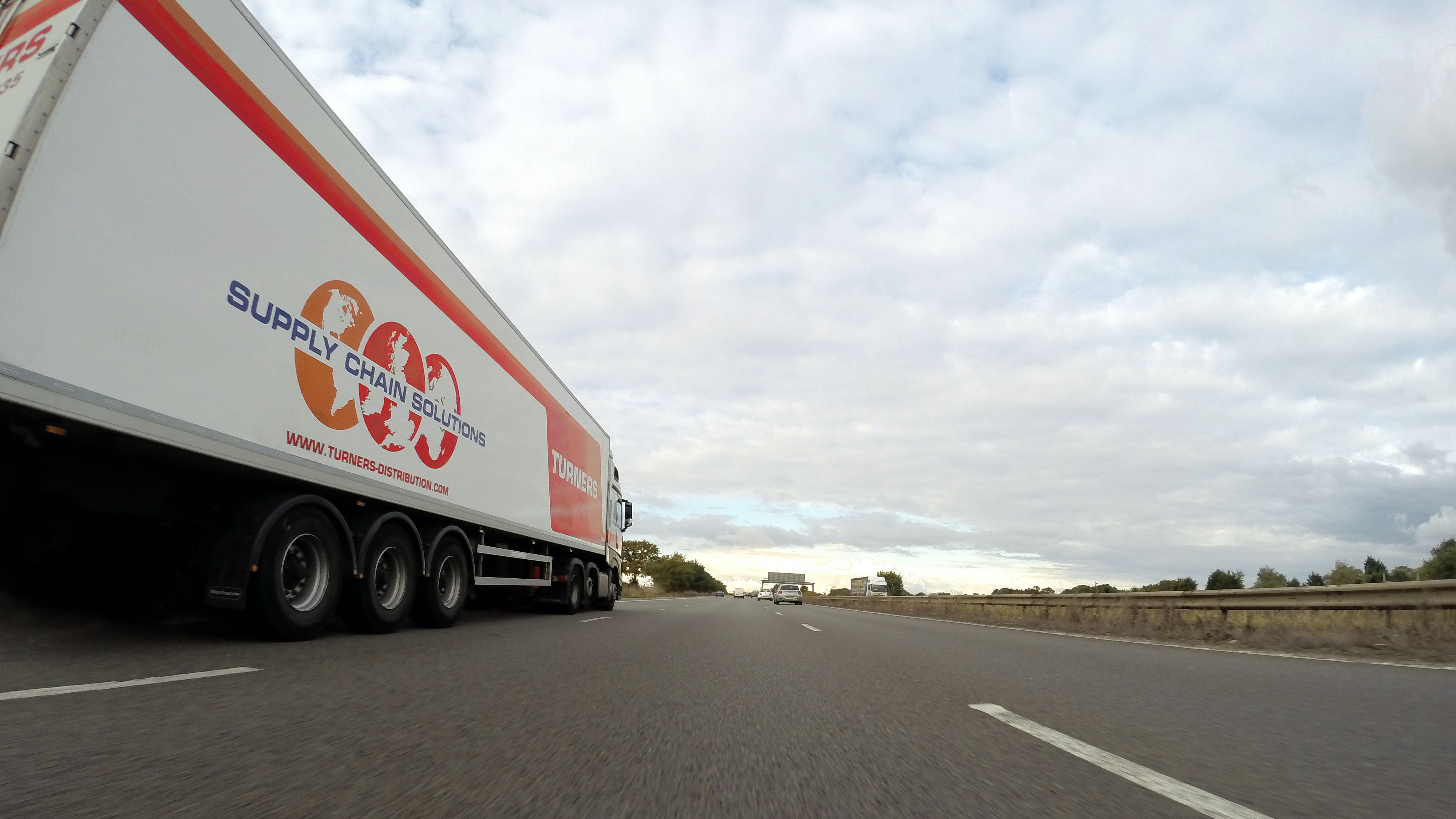Shipping Logistics for Music Festivals.

A large music festival attracting over 100,000 festival-goers with 50 stages and 200 artists will require a mind-numbing amount of equipment. The efficiency and management of the shipping logistics for a festival are critical to its success so what steps do festival organisers take ensure everything happens as planned.
As most large festivals take place in remote locations in the countryside the immediate consideration for managing the shipping logistics is the local infrastructure, road network and site access. Aside from having access there should be sufficient space on site to allow for constant deliveries and parking of HGV vehicles and trailers. A large festival could involve upwards of 50 HGV vehicles coming and going over a 15-day period from site set up to site breakdown post event.
Scheduling.
With so many deliveries spread over a short period of time robust scheduling is vital to avoid any build up delays and there is a critical path for types of deliveries. Operations managers will need a full itinerary of deliveries and understand what is required and when. It will be their decision to allocate delivery times to each shipping organisation with strict arrival, unloading/loading and departure times. For security reasons the shipping company should also supply the names of drivers and crews along with vehicle registration numbers. In managing and controlling these tight schedules it is vital that any deliveries likely to be delayed are communicated to the operations managers as soon as possible so they can reschedule the late delivery. It makes sense to incorporate some flexibility into any delivery schedules to allow for early or late deliveries. Once shipping schedules are finalised there needs to be communication with local services responsible for traffic control in the local area to avoid unnecessary congestion on public roads.
Logical Sequences of Deliveries.
The festival organisers will know exactly which order deliveries should arrive on site and this usually starts with site fencing and toilet facilities. This is followed by stage construction materials and AV rigging where there are large multiple stages because the build time can take up to ten days. At the same time as stage construction is taking place the electrical power supply, VIP/Sponsor area sites and temporary office space should be arriving. AV equipment and artist’s instruments will be amongst the last deliveries and require secure environments to be completed for storage due to their high value. Any perishable goods for sponsors and food and beverage vendors should be scheduled as appropriate to avoid spoiling.
Some festival organisers outsource shipping and deliveries to agents and logistics companies as this gives them one less thing to worry about. There will be a premium to pay for these services and many festival organisers still prefer to manage shipping logistics themselves because of the wide variety of materials being organised and their full understanding of priorities. There is a wide variety of shipping logistics software platforms that can assist festival organisers in managing their site deliveries.
For organisers planning their music festival using a software management platform like Festival Pro gives them all the functionality they need manage every aspect of their event shipping and delivery logistics. The guys who are responsible for this software have been in the front line of event management for many years and the features are built from that experience and are performance artists themselves. The Festival Pro platform is easy to use and has comprehensive features with specific modules for managing artists, contractors, venues/stages, vendors, volunteers, sponsors, guestlists, ticketing, cashless payments and contactless ordering.
Photo by Mike from Pexels
<< Back to articles
Contact us
Get in touch to discuss your requirements.
US: +1 424 485 0220 (USA)
UK: +44 207 060 2666 (United Kingdom)
AU: +61 (2) 8357 0793 (Australia)
NZ: +64 (0)9887 8005 (New Zealand)